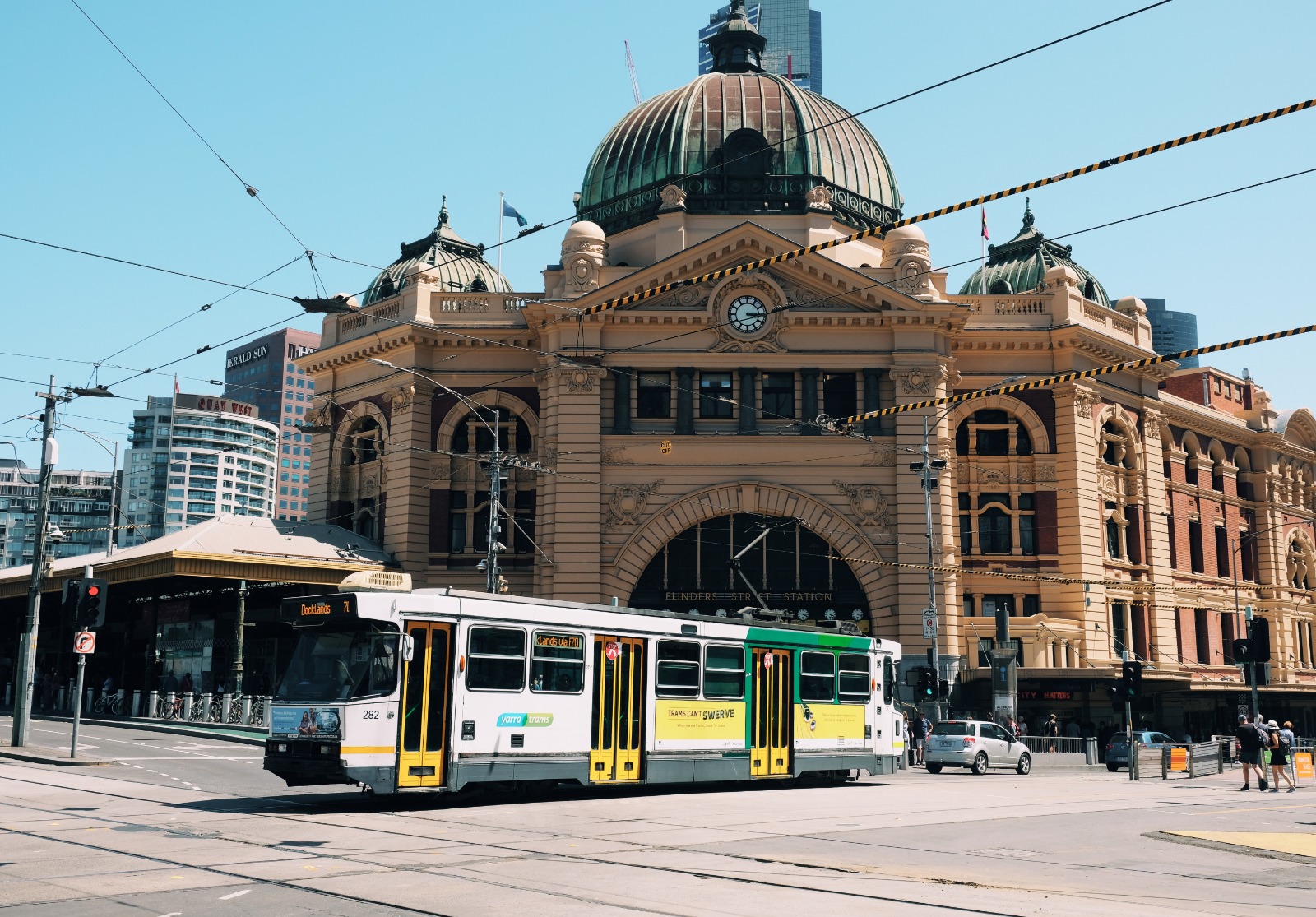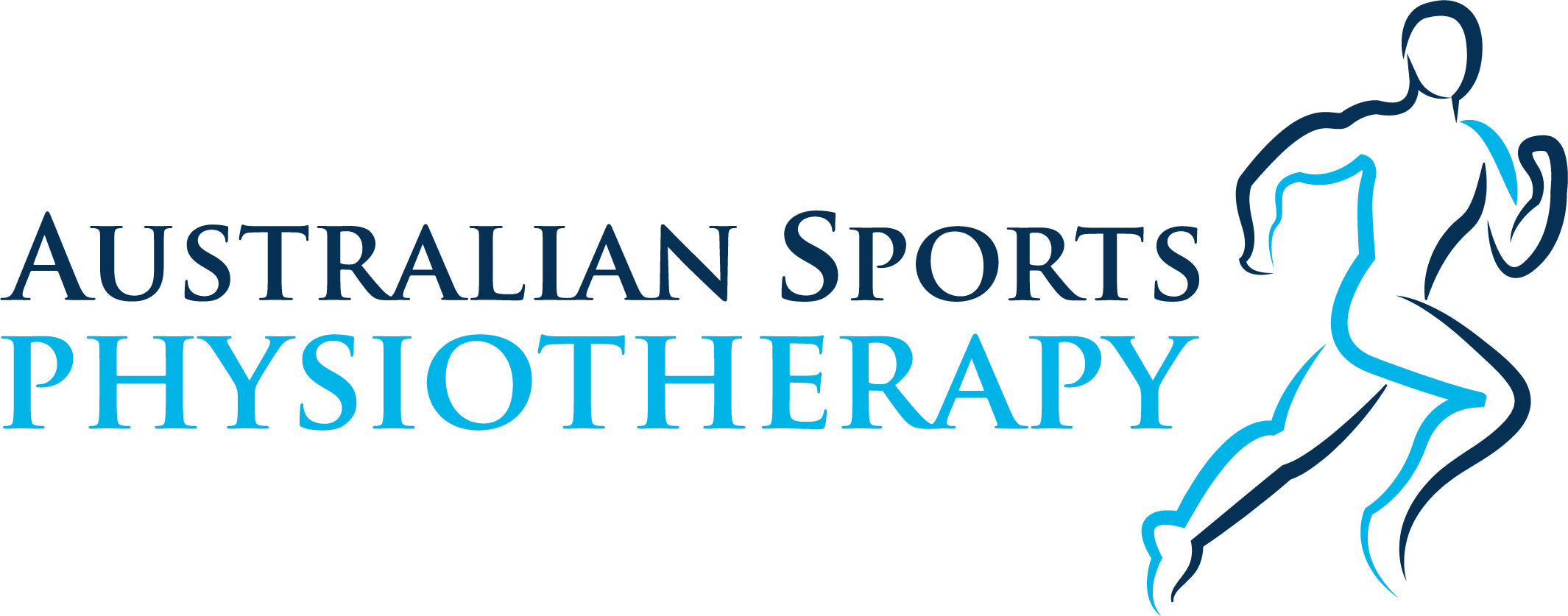Shoulder ligament injuries can be painful and frustrating, especially when they affect daily activities, sporting performance, or work. Whether caused by a fall, direct impact, or repetitive strain, torn ligaments in the shoulder can lead to instability, weakness, and ongoing discomfort. Physiotherapy plays a crucial role in managing these injuries, helping reduce pain, restore function, and support long-term recovery.
At Australian Sports Physiotherapy Ivanhoe, our approach to physio for shoulder ligament injury combines professional shoulder assessment with personalised rehabilitation to help you get back to what matters most.
What Is a Shoulder Ligament Injury?
Ligaments are tough bands of connective tissue that link bone to bone and stabilise joints during movement. In the shoulder, several ligaments work together to support the joint’s wide range of motion. When these ligaments are overstretched or torn, the shoulder can feel unstable, painful, or weak.
Shoulder ligament injuries vary in severity. A mild sprain may cause temporary discomfort and stiffness, while a more significant tear can limit movement and require a longer recovery period. Understanding the nature of your injury is essential to choosing the right treatment.
Torn Ligaments in the Shoulder
Torn ligaments in the shoulder can occur following a fall onto the arm, a collision during sport, or forceful overhead movements. In some cases, ligament damage develops gradually due to repeated stress on the shoulder, particularly in athletes or physically demanding occupations.
A torn shoulder ligament may lead to ongoing pain, weakness, or a feeling that the shoulder is unstable. Without appropriate management, these symptoms can persist and interfere with daily activities or sport.
Symptoms of a Shoulder Ligament Injury
Not all shoulder pain comes from a muscle strain. When shoulder ligaments are involved, symptoms can include:
- Pain around the shoulder joint that worsens with movement
- A feeling of instability, like the shoulder may buckle or give way
- Reduced range of motion
- Weakness when lifting or reaching
- Tenderness on touch or swelling in the affected area
These symptoms can occur immediately after an injury or gradually develop following repeated stress. If left untreated, shoulder ligament injury symptoms can become persistent and impact daily function.
Why Physiotherapy Is Important for Shoulder Ligament Injuries
Physiotherapy is more than just “exercise”; it’s a structured recovery pathway. For torn ligament shoulder injuries, physiotherapists assess joint stability, muscle balance, and movement quality to determine the best interventions. The goal isn’t only to ease pain but also to address the underlying mechanics that contribute to instability and reinjury.
A structured physiotherapy program typically includes:
- Pain and inflammation management
- Gentle mobility work to improve movement range
- Strengthening exercises for shoulder stabilisers
- Functional training to restore confidence and control
- Education on activity modification and load progression
Preventing Future Shoulder Injuries
Once the immediate symptoms of a shoulder ligament injury settle, we work with you on prevention. This may include strengthening the muscles around the shoulder blade and rotator cuff, addressing movement patterns that contribute to strain, and educating on safe mechanics during work or sport.
Strengthening the shoulder stabilisers and improving posture helps reduce the risk of reinjury and supports long-term joint health.
When to See a Physiotherapist for Shoulder Pain
If shoulder pain, weakness, or instability lasts more than a few days, a physiotherapy assessment is recommended. Early intervention can:
- Clarify the cause of shoulder discomfort
- Prevent compensatory movement patterns
- Reduce the risk of chronic pain
- Improve long-term outcomes
Especially if you notice recurring pain during daily activities, work tasks, or sport, seeing a qualified physiotherapist ensures you’re not managing a torn shoulder ligament in isolation.

Final Thoughts
A shoulder ligament injury can feel limiting, but with the right approach, most people experience meaningful improvement in pain, strength, and function. Physiotherapy plays a central role in managing torn ligaments in the shoulder, helping you recover and reduce the chance of future problems.
If shoulder pain or instability is interfering with your daily activities or performance goals, a personalised assessment at Australian Sports Physiotherapy in Ivanhoe can help you understand what’s contributing to your symptoms and outline the most effective path to recovery.
Book an appointment with one of our experienced physiotherapists today for a comprehensive assessment and customised treatment plan.










